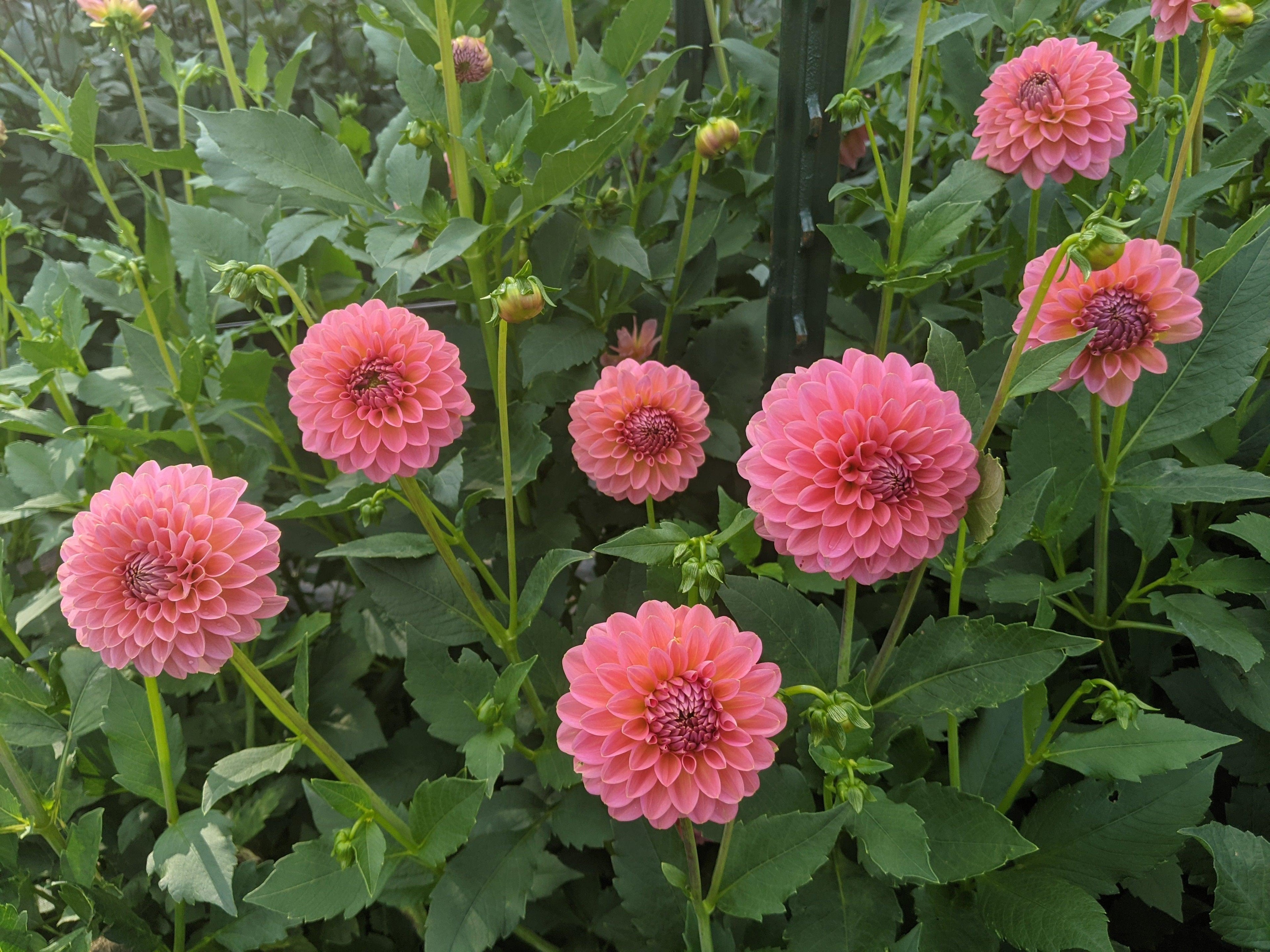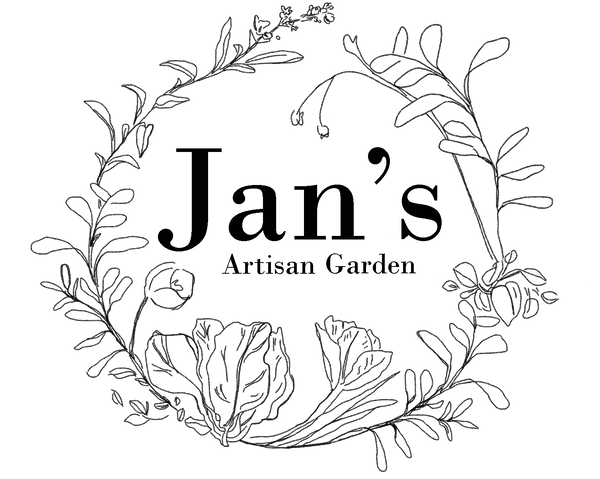
Sustainability
Locally Grown
We believe in growing beautiful, sustainable, super fresh flowers for our local flower fans! We want you to know that we manage our farm and gardens thoughtfully with respect to the land, natural resources, and native pollinator species.
Water
- We grow either drought tolerant perennials that need no irrigation or annuals that are watered by drip lines. We do not use overhead watering to maintain our field or gardens.
- We grow annual species that thrive in our local conditions to limit the amount of watering needed even in the heat of summer.
- We use mulch and woven landscape fabrics to prevent excess evaporation from the soil.
- Our urban garden is entirely drought tolerant, we don’t water after the seedlings are established.
Soil
- We till our annual beds only when truly necessary.
- We compost all plant materials from our farm and use that compost on site.
- When necessary, we use an organic OMRI certified fertilizer to amend our soils, these are slow-release fertilizers made from composted animal and plant waste and they are applied according to soil testing results.
- We spray with compost tea and seaweed fertilizer to feed our plants instead of overapplying fertilizers to the soil.
- We do not use herbicides, weeds are controlled with a wheel hoe, landscape fabric,mulch, and hand pulling.
Pollinators (Insects)
- We do not spray with insecticides or herbicides, we have found these to be completely unnecessary and would rob us of a ton of joy we get from being surrounded by so many fascinating insects in our gardens.
Climate
- We limit our use of peat moss as extremely as possible. Peat moss is a main component of virtually all potting soils and seed start mixes, and it is not a renewable resource at the rate it is used in the horticultural industry. Harvesting peat also releases huge amounts of CO2, and destroys peatland ecosystems. There is not an easy substitute for peat moss commercially available, we use as little as possible to start our seeds and we mix it with coir (compressed coconut fiber) so that we use even less peat. All of our perennials have been started as seeds and planted while very small to avoid purchasing large plants grown in potting soil, or we order in plants as bare roots (again, not as potted plants). Potting soil is extremely environmentally costly, we find it upsetting to use, and are actively experimenting with alternatives.
- We use plastics carefully and conservatively, this means we wash and reuse all equipment (i.e. seedling trays, row covers, landscape fabric, buckets, drip tapes) that is plastic and purchase as little of it as possible. We are always looking for plastic-free alternatives and will be very excited to try them as more become available.

